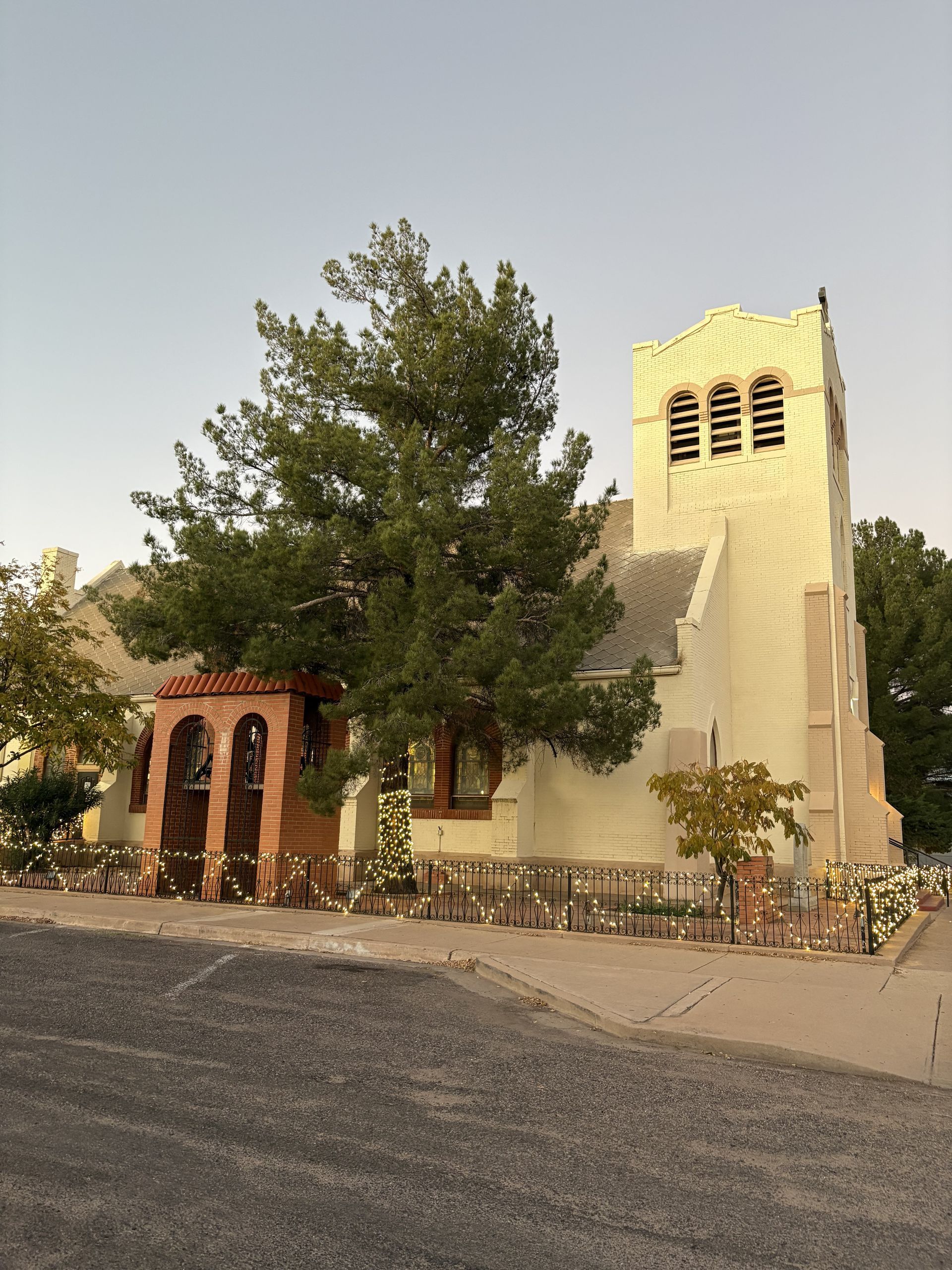The Fourth Sunday of Easter is traditionally held as Good Shepherd Sunday emphasizing one of the earliest and most significant iconographic depictions of our Lord as the Good Shepherd, an ancient way to describe leadership whose first job is to feed the sheep adequately, care for their ailments, keep them gathered as one flock and put their well-being before his/her own. Nowadays, the dynamics of shepherd and sheep and the whole flock seem remote unless you have been in areas where you have seen and observed first- hand sheep’s life, its nature and qualities and the flock. We should not worry much if this familiar image is alien and mysterious to many of us which marks the Easter faith because this popular image was used metaphorically and taken up and interpreted in a whole new way (compared to the Old Testament origins and understanding) in the New Testament especially in John 10. In the three- year cycle, the whole chapter 10 of the gospel of John, primarily devoted and clearly elaborated the image of Jesus as the Good Shepherd is proclaimed which placed huge emphasis on the dependence of the sheep to the person, voice and work of Jesus. Each year has a specific theme. This year, John 10: 11-18 is the focal point which brings into the limelight the risen Christ as the Good Shepherd who lays down his life for the sheep. A good shepherd leads, guides, feeds, protects, and seeks the lost sheep. A noble shepherd cares for the sheep even to the point of dying. It is not a day job but a vocation, a form of ministry, a life-long commitment. The life of a shepherd is dangerous, risky and menial. Shepherds are engaged in the rough and tumble of life in the field.
Jesus is the shepherd who devotes his entire life taking care of the sheep. He never leaves his flock behind. He is a constant companion. His presence gives comfort. There is no flock without a shepherd. If the sheep have no shepherd, they wonder around, get lost and killed. The sheep are vulnerable when isolated. Sheep are lost without the constant vigilant care of the shepherd who is always on the lookout for those who go astray, ill, forgotten, those who need rescue, hurting, lost, ward-off and fall into ravines. Sheep hear many voices all of them vying for their attention. The voice of the shepherd will bring them back.
In contrast to the good shepherd, a hired hand seeks nothing but the destruction of the flock. It is unfortunate that John had to make this terrible comparison. On its face, it appears real, sounds genuine, looks authentic and promising but in the long run, it is all manipulation. A hireling is a great pretender, a faithless shepherd. A hired fellow is a fraud as he/she leads the sheep astray by isolation and autonomy. A hired hand is not a shepherd in the strictest sense of the word because he/she is motivated by self- interest, selfishness and cowardice. A hireling is not at all concerned (or lack of real concern thereof) for the well-being and the common good of the whole flock but only for the sake of the individual.
Once again, Jesus said, “I am the good shepherd, and I know mine and mine know me, just as the Father knows me and I know the Father; and I will lay down my life for the sheep (John 10: 14-15).” The sheep know the Shepherd because they are loved freely and unconditionally. Genuine acts of kindness and compassion go a long way. There is a great feeling of warmth, trust and security, and a deep sense of comfort on the part of the sheep. Mutual affection initiated by the shepherd exists between the two. Love draws the sheep to the shepherd and that this love is the basis of the relationship. From the biblical standpoint, knowledge does not simply mean knowing the name of an individual but rather, depicts the whole person (inside/out) and close personal relationship with the other. The mark of a good shepherd is knowledge of the flock. We are then saved by love and fellowship with the shepherd and the flock.
Jesus as the pastor bonus reminds us that although there are other sheep (originally refers to those who have not heard the gospel) that do not belong to this fold (Jews and Gentiles) time will come, “There will be one flock, one shepherd (John 10: 16).” Obviously, there is a problem of unity in the church., There are factions. Divisions exist. In spite of this, we remain hopeful in the words of our risen Lord, one flock, one shepherd. Peter’s astonishing sermon highlights says, “There is no salvation through anyone else, nor is there any other name under heaven given to the human race by which we are to be saved” (Acts 4: 12). Other members are scattered out there. Some are believers, others not. The fact that the expression “spiritual but not religious” surfaced in the last few decades can be classified in this category. They are the ones who like us believe in God but are adamant and ambivalent in the institutional religion. For them, organized religion is a personal choice. As faithful and loyal members of the clock, it is not either/or but both/and. Spiritual but not religious is an oxymoron. The difficult task lies ahead that is, to draw them according to the tender loving care of the good shepherd. We are all shepherds and sheep. We tend to our families. We govern our families. We run businesses. We administer institutions. In the ministry and holiness of everyday life, let us imitate the incredible model of the good shepherd as our guide and roadmap to eternity. Amen.



